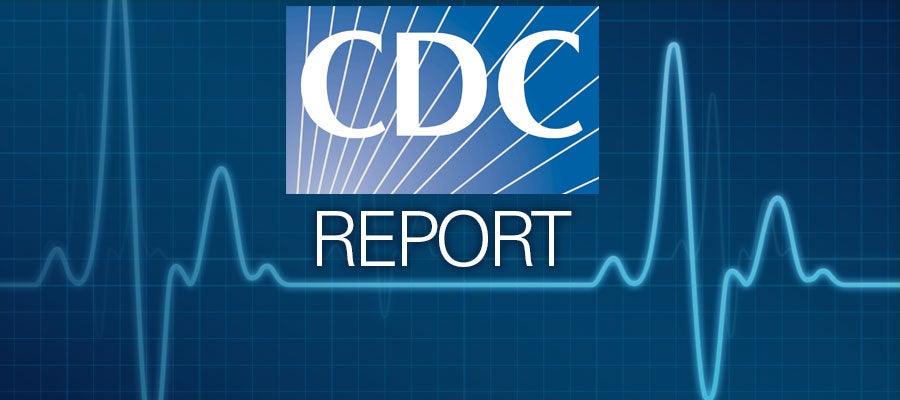
May is Mental Health Awareness Month, and it is a time to raise awareness of and reduce the stigma surrounding behavioral health issues. It’s also a time to recognize how mental illness and addiction can affect all of us — patients, providers, families and our society at large.







